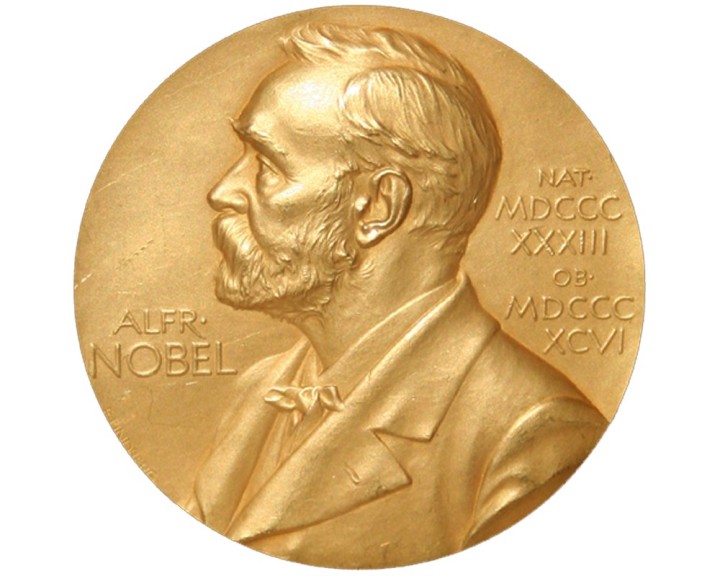The Nobel Peace Prize 2015 is certainly a little step in the right direction to honour at least parts of Alfred Nobel’s will. It doesn’t violate the Will of Alfred Nobel which has happened so many times before. And it’s good that the new chairperson made explicit reference to Nobel’s Will since the Committee has, for years, ignored the intentions and the criteria in it.
It’s good too that it was oriented toward civil society and dialogue rather than governments and violence. But it is still a far cry from Nobel’s international vision of a world in which there is much less militarism, armament, armies and warfare.
This is what media and many others have still not understood well. As long as somebody nice gets is – Malala last year – everything seems fine. The will is very short and should be read by those who report or comment professionally on it – here is the text.
Lawsuit initiated
Before this prize was announced an international group of distinguished activists, politicians and scholars handed in a lawsuit against the misappropriation of funds for purposes not in accordance with the will. Read it here.
And here is a statement to what is appropriately called the betrayal – of the concept of peace, of the Will, of the vision and intention and of peace-makers all over the world who have, for all practical purposes, been deprived of their prize.
Why has this been allowed to go on for so long?
One reason is the almost complete lack of investigative reporting.
For years I myself have been interviewed by journalists around the world who, until 2-3 years ago, had to admit that they had not read the will but just thought – kind of… – that it was the world’s most prestigious prize to be awarded to anyone who did something good.
That’s not the case and it is not a prize for education, women, environment, human rights or do-good’ism.
Another reason is that the Nobel Peace Prize is the only prize awarded by a group of people who have no particular knowledge about the subject, namely retired Norwegian MPs. Imagine if people without any background in medicine would decide who should receive that prize.
Nobel stated in his will (see above) that the Norwegian parliament should put together such a committee – but not that it should consist of parliamentarians. That also explains, to some extent, why this prize was never awarded to a scholar but almost always to (Western) politicians.
Peace and related subjects are today an academic knowledge-based field. It’s taught at some 800 universities around the world, there are PhDs in it – precisely like law, medicine or literature.
It’s time to scrap the present construction. Politicians are, as should be clear to us all when we look at the world, not necessarily experts in peace-making.
Background – Nobel Peace Prize Watch
The person who, more than anyone, has worked with this issue in the last 8 years is Norwegian lawyer, Fredrik Heffermehl.
Here is his detailed criticism on Al-Jazeera a few days ago and here is the homepage of the Nobel Peace Prize Watch that competent media people should pay as much attention to as they do to the official Nobel homepage.
This page also documents that there are enough qualified people in the world to be awarded the Prize – if NATO-country Norway could stop misusing the Prize for biased political purposes and instead look to the common best interests of humanity that Alfred Nobel had in mind.
Let’s hope that today’s announcement is indicative of a new orientation that will restore full respect for Nobel’s clear and specific intentions. But to be sure, we must keep watching the Nobel so-called Peace Prize.






